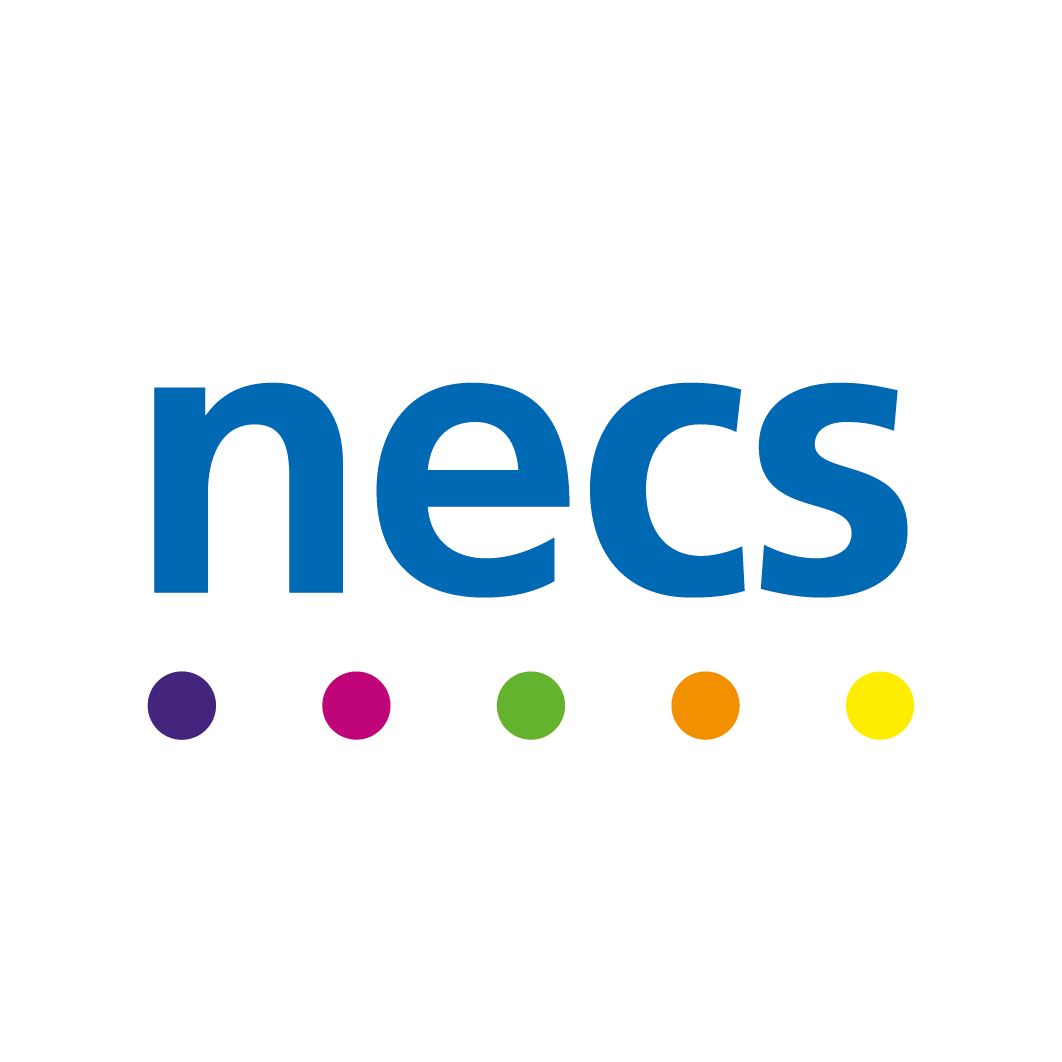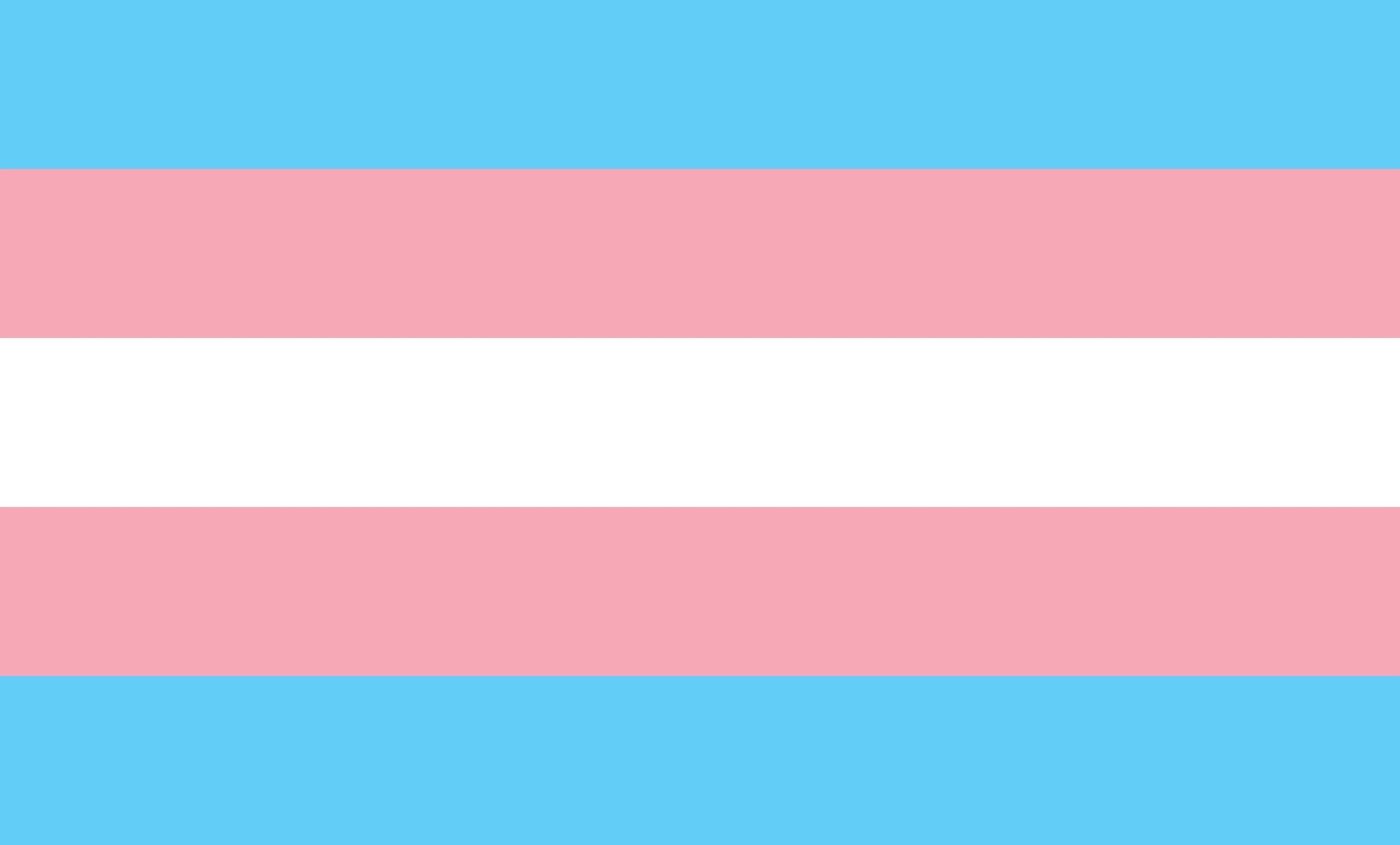Nic Marlor, Senior Commissioning Support Officer at NECS and LGBTQ+ advocate, talks about what it means to be transgender and the importance of inclusivity in the workplace.
“This week (13 – 19 November) is Trans Awareness Week and it got me thinking about issues which affect the trans community in the workplace. There never seems to be a conversation about being trans without a mention of toilets, so it was appropriate that I started thinking about this blog on a trip to the loo at a workplace event.
“I was taking part in a multi-agency team briefing at an external venue with colleagues and had already introduced myself with my they/ them pronouns. This is not a common occurrence for me and indicates that I felt safe within the group. A very supportive colleague commented that, to her dismay, she had realised that there were no gender-neutral toilets for me at that particular venue which she was quite shocked about. But what shocked me most was my own response “oh yeah, I know, I’m used to it now” and I realised how resigned to this and accepting of this I have become. This is a common issue that the trans community faces on a day to day basis.
“I reflected on this later and realised how sad my response was – I have become used to the mental conflict that comes every time I use a public toilet; the decisions I have to make about whether I should use the ladies or find a disabled toilet – and should I even think about using a disabled toilet as an able bodied person? Where do I safely fit?
“Despite this, I still realise that I am in a better position than some. As a non-binary person who was born female, has female organs and needs such as menstruation, a trip to the ladies meets my physiological needs, even if it doesn’t necessarily meet my psychological ones. I’m conscious that my outward appearance is more female in most respects and I feel lucky that I have never been challenged about being in the “right” toilet. However, I’m not sure all trans people have the same experience in their day to day lives.
“Being trans means that my gender isn’t the same as, or doesn’t comfortably fit with the sex I was assigned at birth. In relation to toilets, this can cause issues as there is a consistent lack of menstrual products and bins in male toilets, so any transgender individual who is menstruating (and who would prefer to use a male toilet) may find this challenging.
“Perception of a trans person’s individual appearance is important as well. The word “pass” is used throughout the trans community and refers to a transgender person’s ability to be correctly perceived as the gender they identify with and (ideally) not to be perceived as transgender in the first place. There is always a fear of being challenged about being in the “right” toilet when using facilities which are aligned to a trans individual’s gender identity.
“November sees both Trans Awareness Week and Transgender Day of Remembrance (20th) serving as a reminder that the reality of being trans can be much bleaker than being able to find somewhere to pee. There is still a negative narrative towards transgender individuals in our society. The same day that I had my own toilet encounter, a news story was released highlighting an 11 per cent increase in hate crimes against transgender people in the last year. The article also referenced the HateLab project which uses artificial intelligence to monitor hate speech online, finding a significant rise in anti-trans rhetoric across social media over the past few years. This not only contributes to direct attacks on trans individuals, but also to a growing sense of fear and oppression in this community.
“I wanted to find out more about how NECS, my employer, supports trans colleagues in the workplace. My experience to date has been that any fears I may have had about writing blogs about my lived experience have been unfounded and, to my relief, my voice has been welcomed – you’re reading me right now! I have always felt NECS is committed to inclusion and diversity.
“But I know NECS offers other mechanisms which promote and support workplace inclusion. In October NECS held its first Inclusion Network meeting, developed from colleague feedback. The network is a place for people to come together, support one another and create organisational change. There is no hierarchy in the group; everyone has a voice and the chance to discuss the changes they would like to see and the topics that are important to them, helping us to improve inclusion throughout our organisation.
“NECS has also developed a Zero Tolerance campaign which is committed to zero-tolerance approach to bullying, harassment and abuse. We published a Calling In, Calling Out guide, aimed at supporting colleagues to feel confident in stopping the perpetuation and negative effects of harmful words or behaviour, create a compassionate space for listening, understanding, offering new information and correcting assumptions. A NECS Manager and Colleagues Quick Guide is also being planned for support on bullying, harassment and abuse that will include advice, information on reporting pathways, education about microaggressions, support around managing expectations and links to support for our colleagues.
“Bearing in mind the work going on within NECS, I asked Claire Gooday, our Director of Corporate Services and Organisational Development to provide a viewpoint for me on inclusion at NECS. She said: “I value that Nic feels they can share their personal experience of working at NECS. We’re committed as an executive team – and as an NHS organisation – to supporting diversity and developing NECS as an inclusive employer. I’m delighted to see our new initiatives creating open, positive, workplace conversations.”
“Back to myself and this blog – I would like to add a final point to acknowledge trans peers and raise awareness of the difficulties we encounter. NECS’ unwavering commitment to supporting employees is helping to make our workplace more inclusive for all.”


